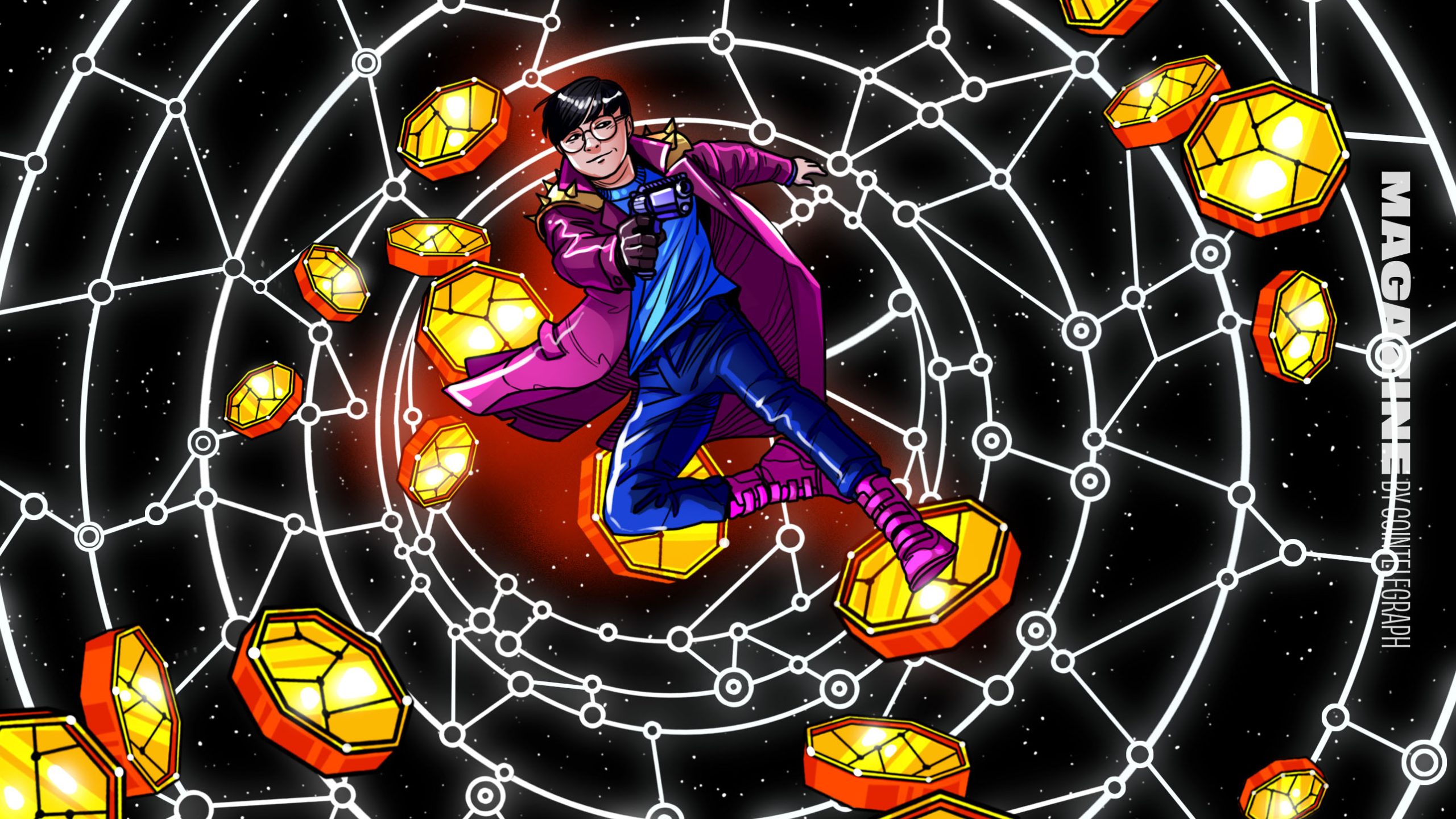
Engineers compiled and deployed smart contracts in Cardano-specific ‘pythonic’ programming language
Contents
A group of Cardano (ADA) developers demonstrated the smart contracts for this network that are written in a “simple pythonic programming language.”
New type of smart contracts introduced to Cardano (ADA): Python usage in Web3 accelerates
The team of Cardano (ADA) developers that goes by @ImperatorLang on Twitter shared a sample smart contract for Cardano written in Eopsin, a novel Pythonic programming language.
The first Cardano Smart contract written in eopsin/Python
compiled
deployed
on preprod testnet.https://t.co/bV8nv63q6F pic.twitter.com/YD18g6yw11— ImperatorLang (@ImperatorLang) January 10, 2023
Per their statement, the first smart contracts of this type have already been compiled and deployed in the pre-production testnet of Cardano (ADA). The mentioned transaction took place yesterday, on Jan. 10, 2023.
Developers added that integration with Pycardano, a lightweight Cardano library written in Python, is going to be the next step in their roadmap. Per their first estimations, the new instruments make Cardano (ADA) smart contracts more resource efficient:
The contracts I tested are cheaper/faster than pure Plutus code (about factor 10). But the sample code is really tiny and does not tell much about the power of the compiler.
Meanwhile, the project is still in its infancy, and many more tests are yet to be organized in order to evaluate their effectiveness and developer friendliness.
Why is this crucial for Cardano (ADA) development?
As explained by the creators of this novelty, Eopsin allows developers to compile a 100% valid Python 3 code into Cardano’s (ADA) smart contracts assembly. This significantly lowers the barriers to entry for a new generation of developers in the Cardano (ADA) ecosystem.
Many newbie developers choose Python as their first programming language as it is intuitive and easy to learn. As such, all of them can join the segment of Cardano-based dApps without any extra skills.
As covered by U.Today previously, newbie-friendliness is among the key focuses of blockchain development. On Jan. 9, 2023, Astar Network released its cross-chain virtual machine XVM to allow Rust, C/C++, Go and TypeScript developers to experiment with EVM/WASM compatibility.
Read More: u.today









 Bitcoin
Bitcoin  Ethereum
Ethereum  Tether
Tether  XRP
XRP  Solana
Solana  USDC
USDC  Dogecoin
Dogecoin  Cardano
Cardano  TRON
TRON  Lido Staked Ether
Lido Staked Ether  Wrapped Bitcoin
Wrapped Bitcoin  Sui
Sui  Chainlink
Chainlink  Wrapped stETH
Wrapped stETH  Avalanche
Avalanche  Stellar
Stellar  Shiba Inu
Shiba Inu  Hedera
Hedera  Hyperliquid
Hyperliquid  LEO Token
LEO Token  Toncoin
Toncoin  Bitcoin Cash
Bitcoin Cash  Litecoin
Litecoin  Polkadot
Polkadot  USDS
USDS  WETH
WETH  Monero
Monero  Pi Network
Pi Network  Wrapped eETH
Wrapped eETH  Pepe
Pepe  Bitget Token
Bitget Token  Binance Bridged USDT (BNB Smart Chain)
Binance Bridged USDT (BNB Smart Chain)  Ethena USDe
Ethena USDe  Coinbase Wrapped BTC
Coinbase Wrapped BTC  WhiteBIT Coin
WhiteBIT Coin  Uniswap
Uniswap  Bittensor
Bittensor  Dai
Dai  NEAR Protocol
NEAR Protocol  Aptos
Aptos  Aave
Aave  OKB
OKB  Ondo
Ondo  Jito Staked SOL
Jito Staked SOL  Ethereum Classic
Ethereum Classic  Internet Computer
Internet Computer  Tokenize Xchange
Tokenize Xchange  BlackRock USD Institutional Digital Liquidity Fund
BlackRock USD Institutional Digital Liquidity Fund